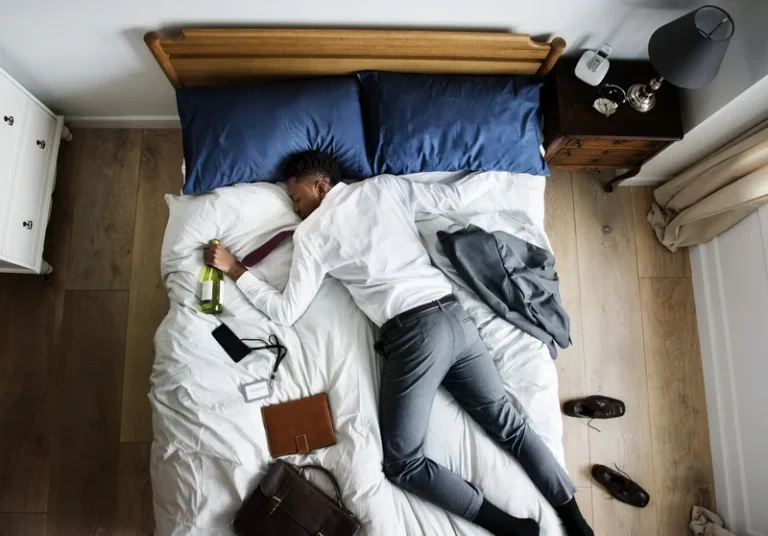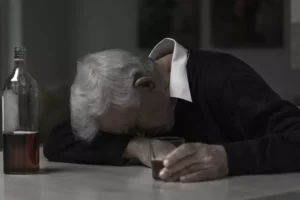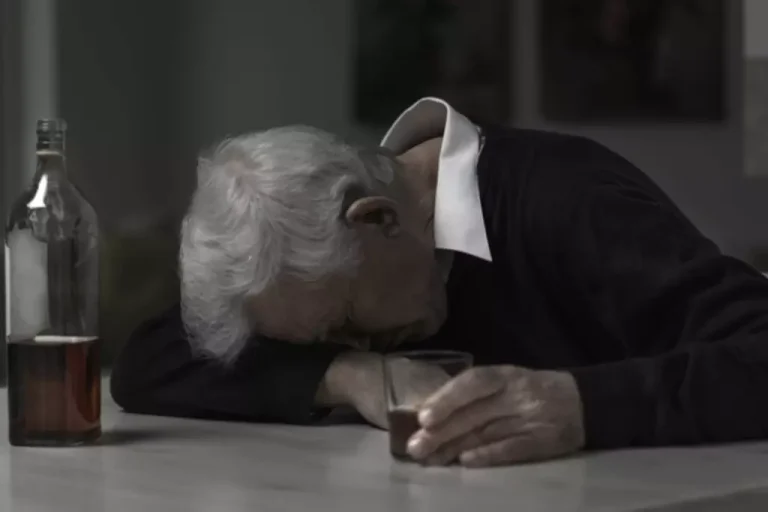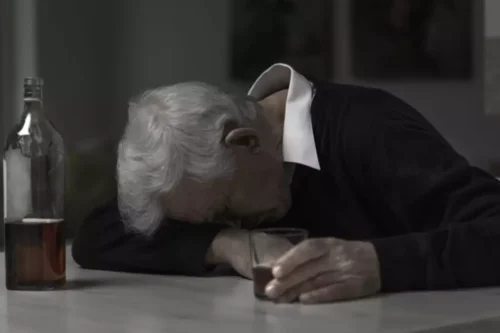
The doctor can help diagnose an underlying condition and provide appropriate treatment. Long-term excessive drinking can lead to potential health issues, including problems with vision. That is because it can disrupt the body’s normal fluid balance and interfere with quality sleep.
How Can I Minimize My Risk of Vision Problems?
While the idea of quitting alcohol cold turkey might seem straightforward, it can be risky and physically demanding. Sudden withdrawal can lead to severe health complications, which is why having professional help is not just helpful—it’s necessary. Supplements from Genestra may also support healthy eyes and vision. Try Bilberry Young Shoot, a plant-based herbal supplement that offers antioxidant support to promote vision and cardiovascular health. Or try Bilberry, a simple but ideal supplement for your individual needs. ACD is one of those cure-all health and beauty solutions that should always be in your pantry.
- A more serious side effect of heavy drinking is a yellowish tint in the whites of your eyes.
- If you find that you’re experiencing health-related problems from drinking alcohol and are having a hard time cutting back, you are not alone.
- More significant changes in skin tone or a yellowing skin tone could be a sign of jaundice and progressing liver damage or hepatitis.
- Your overall responses can slow down while you are under the influence of alcohol.
- It ensures that every aspect of your health is monitored and supported, from detox through to long-term strategies for staying sober.
Redness or Flushing

Drinking alcohol when you’re already experiencing dry eye for other reasons can add the effects of alcohol to your existing symptoms. Alcohol can lead to temporary vision issues like blurred vision, double vision, and difficulty focusing. This happens due to alcohol’s effects on the muscles controlling eye movements and its overall depressant effect on the central nervous system. Unfocused gaze, slower pupil reactions, and inability to track objects smoothly are all visual cues of intoxication. We can often spot these telltale “alcoholic eyes” right away when looking at someone who has had a few too many. These changes are the result of alcohol’s effect on the central nervous system.

Prevention & Treatment of Alcohol Eyesight Damage

If you would like to enjoy the full guide Dogs experience, please ensure your browser is updated to the latest version. Alternatively, you can use one of the following supported browsers. Your overall responses can slow down while you are under the influence of alcohol. This means that it can take a little longer than usual for your brain to recognize what you are seeing, and it can take longer than usual for you to decide what to do about it.
- Receive encouragement from people worldwide who know exactly what you’re going through!
- Oftentimes even small amounts of liquor or spirits could cause puffy and bloodshot ‘alcohol eyes’.
- ” The duration and intensity of alcohol cravings can vary depending on the length and severity of the addiction, as well as individual physiological differences.
- Our compassionate staff stands ready to help answer your questions about alcohol addiction, locate suitable rehab centers, and verify your insurance coverage.
- These include worsening mental health, changes in behavior, turning to drugs or alcohol to “cope” with stress, and having withdrawal symptoms whenever you are not using or drinking.
- This tear film, which spreads each time you blink, should stay on the eye long enough to support clear vision, provide protection, and keep the eye lubricated for the eyelids.
- Starting on the path to recovery from alcohol addiction is a significant step, and finding the right support is recommended.
If your brain isn’t communicating correctly with the glands that produce tears, for example, you may notice that your eyes are dry during alcohol withdrawal. Alcohol in tears may also directly affect the surface layers of the eye. After drinking, tears can contain traces of alcohol, which can further trigger inflammation and cause damage to the eyes. If you regularly consume alcohol and dry eyes have become an issue, it may have to do with alcohol’s inflammatory and dehydrating properties. Preventive steps include moderating alcohol intake, staying hydrated, ensuring a nutrient-rich diet, and regular checkups with an eye doctor. If you’re experiencing symptoms, see an eye specialist and consider quitting or cutting back on alcohol.

Since the optic nerve transmits visual information to the brain, intoxication leads to deteriorating vision. The optic atrophy may include irreversible blind spots (visual field loss) and poor color perception. Alcohol is a diuretic that contributes to dehydration, light sensitivity, increased urine production, and reduced tear production. The low moisture levels in the eyes lead to dryness, discomfort, irritation, burning, grittiness, and eye blurry vision hangover redness. Alcohol is a nervous system depressant that affects the functioning of organs, including the eyes.
